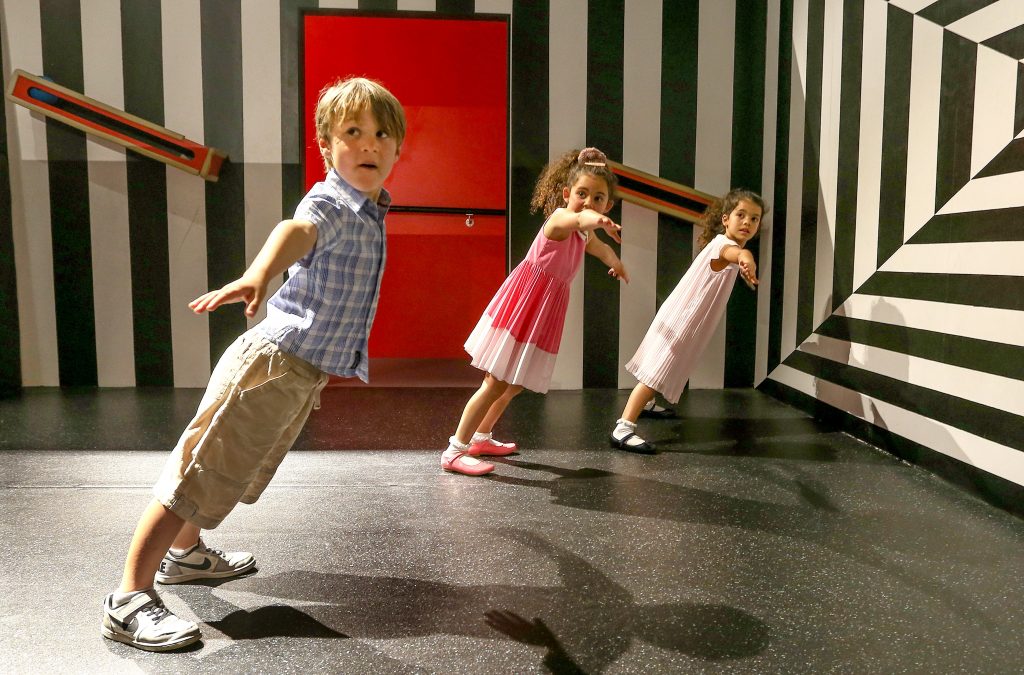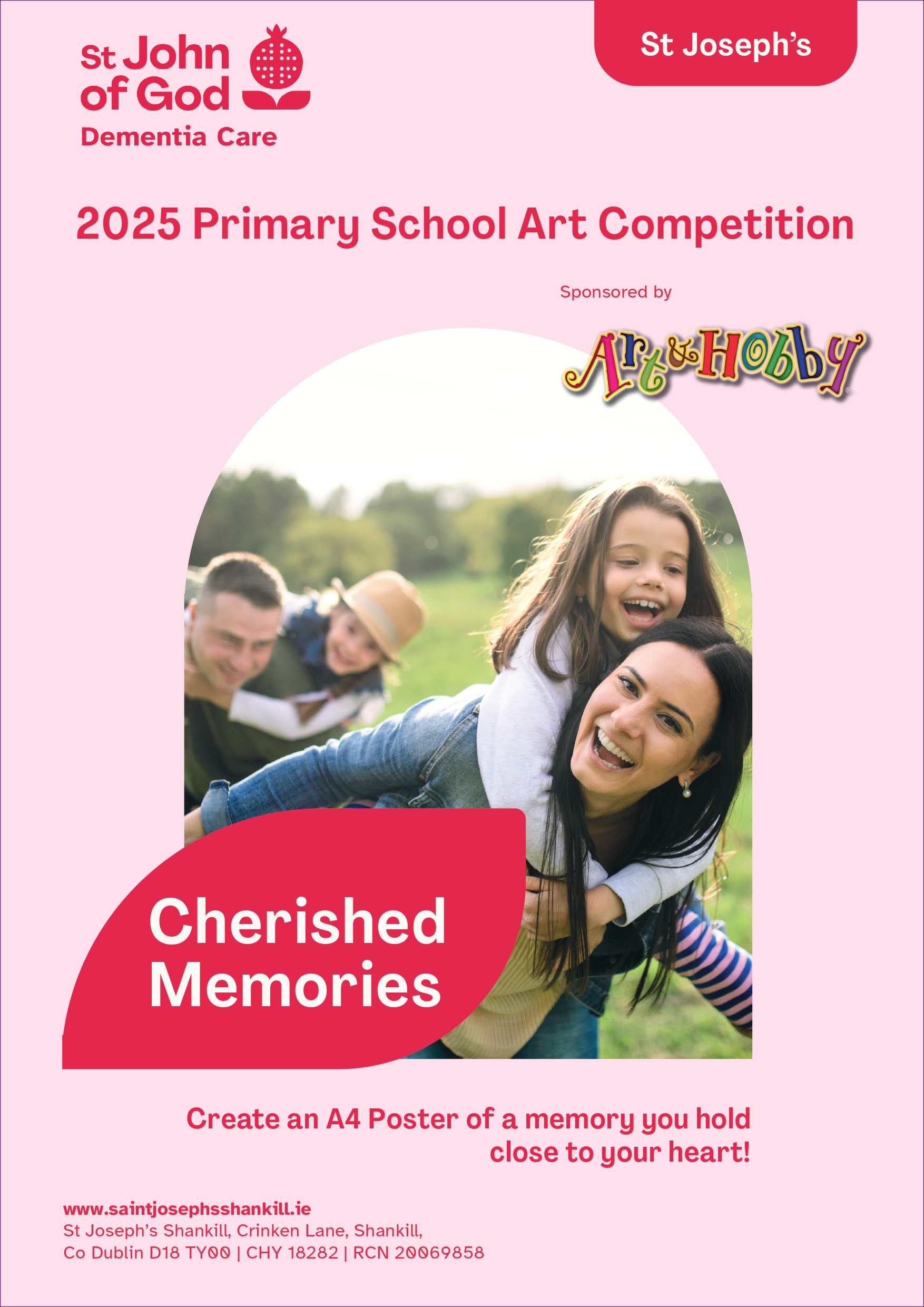Transition Year School Ambassador Programme 2024/2025
We are inviting all secondary school Transition Year students to begin a conversation about supporting people living with dementia in our community. We hope this initiative will bring a better understanding of what is needed to make our neighbourhoods more welcoming and inclusive places for everyone.
The programme consists of a one hour interactive session which we facilitate in person in schools in Dun Laoghaire-Rathdown and north Wicklow. In exchange we ask for a donation from the school such as €2 per student or for your students to organise a fundraising event for us.
The in-person session covers the following:
- What is dementia?
- Introduction to St Joseph’s
- Introduction to the type of care provided in a Butterfly Home
- How to communicate with people living with dementia
- Questions and answers
We recommend that students complete their Life Story in advance of the in-person session for themselves. They can use our template.
For further information or to book a talk contact Nicola on (01) 282 3000 or at Nicola.Yau@sjog.ie
Transition Year Work Experience 2024/2025
In 2024/2025 we can facilitate a limited number of in-person work experience/community action placements for Transition Year students. We cannot guarantee that we will be able to accommodate every student who applies. If you would like to be considered for one of our placements, please contact Niamh on (o1) 282 3000 or at Niamh.Shortall@sjog.ie




